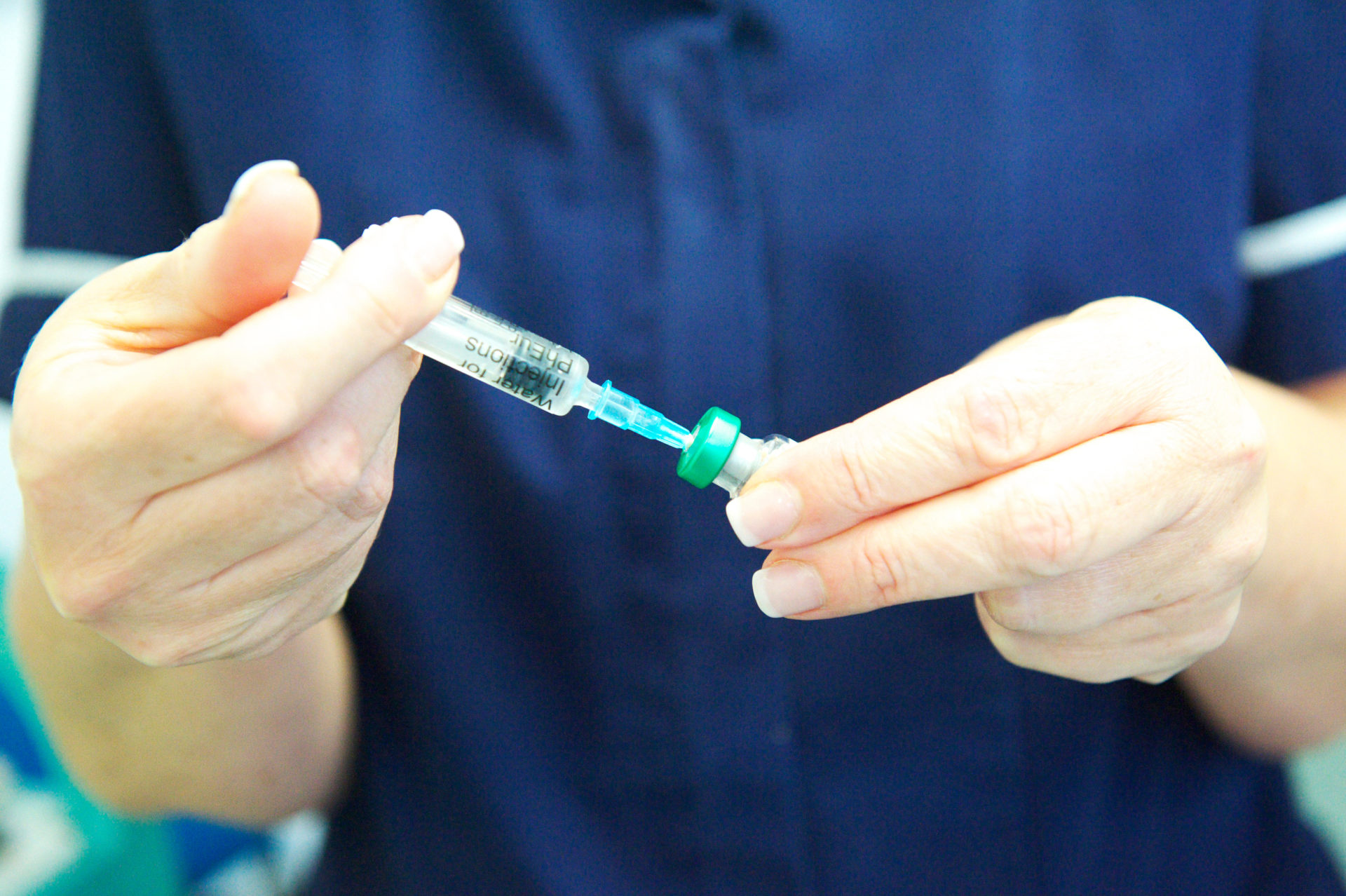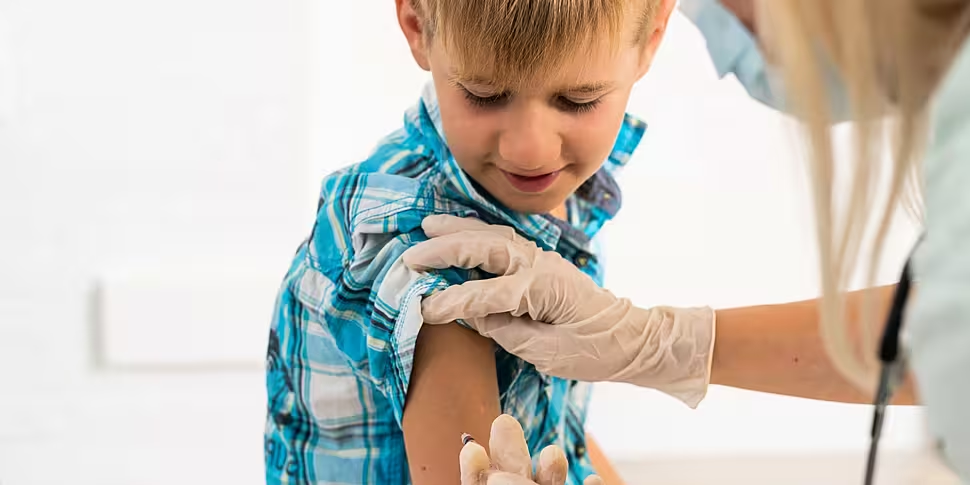How can you protect yourself and your loved ones from measles?
Yesterday, the HSE confirmed an adult in Ireland has died from the disease and there is an alarming surge in cases across Europe.
Doctors are concerned vaccination rates for measles have dropped below 90% - which means society no longer has herd immunity against the disease.
Speaking to Lunchtime Live, Dr Nina Byrnes said the medical advice on measles is clear.
“Make sure you’re vaccinated,” she said.
“The measles vaccine is safe and highly effective - it’s over 97% effective when you’ve had two doses.
“We think that the immunity is lifelong.”
The vaccine against measles, the MMR, also protects people against rubella and mumps.
It can be booked for free through the HSE and Dr Byrnes said it is more important than ever that people are inoculated.
“The reason we’re seeing a surge in cases is probably because [until recently] we’ve been good at vaccinating, so people haven’t seen measles, so they have no idea how serious measles can be,” she said.
“I think, unfortunately, this very sad case… has probably reinforced that these are not benign diseases.
“It’s a very serious illness and it is preventable.”
 Nurse prepares MMR vaccine at GP health centre.
Nurse prepares MMR vaccine at GP health centre.Although vaccination is recommended for most people, older generations might have natural immunity to measles.
“Most people born before 1978 probably had measles before the vaccination campaign came in,” Dr Byrnes said.
“So, your immunity would seem to be lifelong.”
Protecting your baby
Babies are eligible for the vaccine once they reach their first birthday and they are then given a second dose once they turn four or five-years-old.
“The MMR vaccine is a live vaccine and we don’t give it under 12 months of age,” Dr Byrnes said.
“They’re not as effective in children under 12 months of age; live vaccines require a certain maturity of the immune system to work.
“Hopefully, if the child is being breastfed, some immunity can pass from the mum.”
For those who are still concerned about their baby’s welfare, Dr Byrnes said the best thing they can do is get vaccinated themselves.
“This is where we talk about the importance of people who can be vaccinated being vaccinated,” she said.
“Getting vaccinated doesn’t just protect you; everyone vaccinated reduces the circulation of a virus in the community and, therefore, protects those who can’t be vaccinated - either by virtue of age or other conditions which preclude them from having the vaccine.”
Symptoms of measles include aches and pains, sore or red eyes, a temperature or loss of appetite.
The HSE urges anyone who thinks they have measles to contact their GP.
You can listen back here:
Main image: A child gets a vaccine. Picture by: Alamy.com









